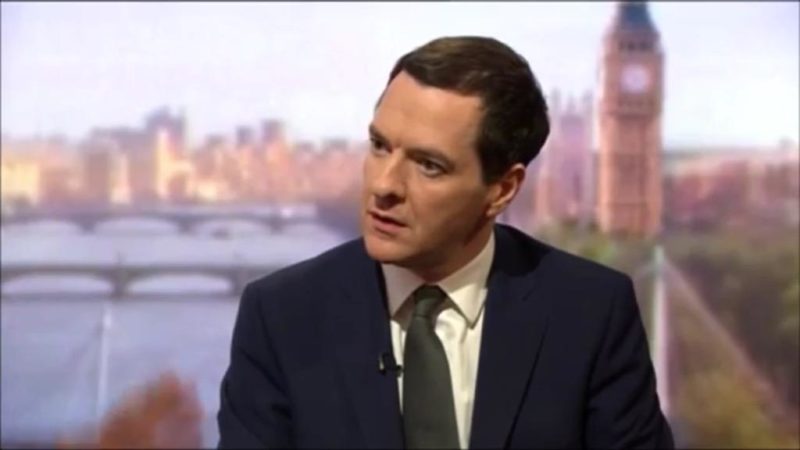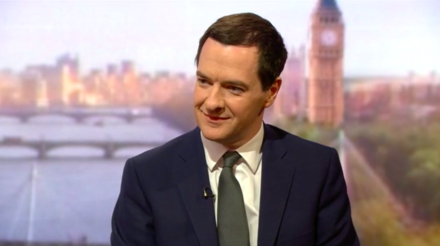

Tax credits are fast becoming a millstone around the neck of the Tory Party. Osborne is said to be in “listening mode” but as an excellent piece written by Flipchart Rick demonstrates, there really isn’t a great deal of wiggle room for them. They have to either abandon their Fiscal Charter, cut one of their protected areas or cut in work benefits. And they are unlikely to do either of the former. Which is why they are sticking to their guns on the latter – however toxic.
At the budget, George Osborne appeared to steal a great deal that was good about the Labour Manifesto and sometimes appear to go further. His “Living Wage” announcement was audacious and went further than Labour were prepared to. However the sleight of hand involved in giving with one hand while taking so much more with another is now registering in the public consciousness.
This row is symptomatic of a wider problem the Tories are running up against. They have identified the same problem that Ed Miliband did – the economy does not work for working people. But they are philosophically disinclined to intervene, to re-model our economy and reshape how the benefits work. So wedded are they to Trickle Down economics than they are incapable of noticing that the tap – never much of a gusher – has run completely dry. There is no trickle in modern Britain.
George Osborne says he wants to move to a high wage, low welfare economy. Well that’s great – so do I. I also want a pony, a size 10 waist and to snog Ewan MacGregor. Ideal worlds are great (and sometimes useful in policy making as they help us plot a journey) but we can’t pretend we live in one. Raising wages by a bit then cutting in work benefits a lot more will not magically create a different and better economy. That takes intervention.
Government intervention will be vital to protect industries that are suffering crises like our steel industry. The sharp drop in the world price of steel and the Chinese flooding the market has led to an almost overnight collapse. When this crisis passes and the price rights itself, the world will still need steel. But it will not be buying it from Britain. A short term injection of cash could have helped to mothball the industry until the crisis had passed. A more European interpretation on EU rules around state aid could have seen the government do this, but they are philosophically disinclined. And it seems that the announced money to help with retraining and regeneration – so vitally missed when the Tories cruelly ended our coal industry without any thought or care to the affected communities – is set to be spent on statutory redundancy payments. These are vital – of course – but they are not what will rebuild shattered communities. That needs care and government investment. But that – of course – is something Osborne has made almost impossible with his Fiscal Charter. He finds himself caught in a trap he thought he had set for Labour.
The Tories do not have an answer for what to do when free market economies go wrong. Labour do. Because we believe in intervention we know how to help when help is needed and guide our economies to be better for all people. Of course we need to be careful about how much government intervenes and when. there are all sorts of more interesting ways to get involved than simple monolithic state action. Ways the Labour family have been developing for many years. Cooperatives and social enterprises, for example, may well offer people-centred solutions to age old problems of friction between innovation and state action.
Ultimately, Osborne’s vision is failing because it is based on the flawed premise that the market is always right. If you cannot envisage intervening, then you cannot bring about true, wholesale change. A low welfare, high wage economy would be great, but it will take more than wishing to make it so. Osborne is learning that pretty quickly. But will he change course?




More from LabourList
‘Labour won’t stop the far right by changing leaders — only by proving what the left can deliver’
‘Cutting Welsh university funding would be economic vandalism, not reform’
Sadiq Khan signals he will stand for a fourth term as London Mayor